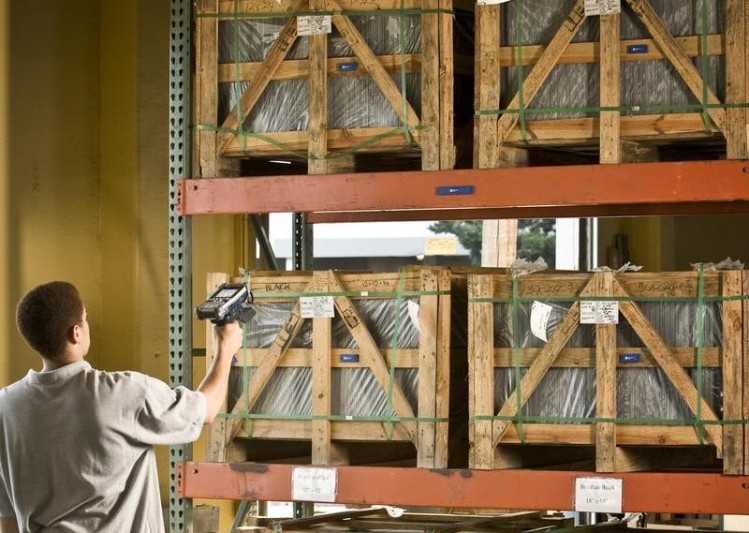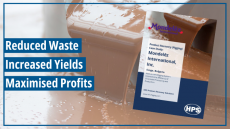Special Edition: Hygienic Design & Quality Testing
Retailers pressure confectioners to implement digital traceability standards

Bruce Stubbs, director of industry marketing at Intermec, told ConfectioneryNews that digital scanning could help confectioners trace raw ingredients such as cocoa far more efficiently than paper recordkeeping.
“The big players right now are keeping records, but a lot of them are still doing it in a paper fashion versus an electronic fashion.”
The US Food Safety Modernization Act does not force manufacturers to implement traceability for farm-grown ingredients. “However, because consumer safety is the number one issue and brand protection second, a lot of the major confectioners and growers are now becoming compliant because they are forced to by the retailers,” said Stubbs.
“The last point of purchase is at the retail level - that’s where consumers remember the problem originating, not where it actually originated upstream.”
How does it work?
With digital traceability, data capture begins at farm level. For example, the manager (or lead) on a cocoa farm starts by scanning a barcode on the trees or with hanger tags using RFID technology, which identifies the farm and growing region for the raw ingredient. The traceability data is hosted on a mobile smart printer.
“That printer does not need to be hardwired to any system and does not need a PC present - the software is hosted on the printer at the point of harvest in the field,” said Stubbs.
The captured data is linked to the container that is shipped to the processing facility.
“The person transporting that material would scan that container on to their truck - so I can track who handled that merchandise.”
The cocoa processing facility then scans the container into its inventory before it is scanned once again when it moves from storage to production. When the finished good is shipped to a retailer it is tracked throughout the distribution process.
“So if there’s a recall issue, I can trace all the way through to find out where that problem material or finished good ended up and pull that product in a very quick and efficient manner.”
Digital vs. paper
Stubbs said that digital data capture was far more accurate than paper capture.
“The other thing is speed. I can access those records in a matter of minutes or hours and trace information back all the way from point of sale to point of harvest. If I’m doing that on paper it can take days.”
He said the horse meat scandal in the UK exposed the weakness of paper records. It took investigating authorities there weeks to trace the source of horsemeat back to slaughterhouses and the ranches where the horses were raised. “If that was electronic, it could have been done in hours.”
For multilingual workforces
He said staff could be trained quickly and easily on how to use the technology.
“If I’m working in a multilingual workforce and using paper to capture information, I’m requiring that all to be done in one language, which introduces error.”
He said the mobile technology simply involved pointing the device at a barcode and pushing a button to scan.
“It’s easier to train on technology than it is on paper processes.”
Manufacturers can customize the data they wish to capture on the device, which could benefit confectioners wishing to track labor and sustainability standards on cocoa farms.











